EU: Three common reasons used for killing Large Carnivores in Europe
The European Parliament’s Policy Department for Citizens’ Rights and Constitutional Affairs, at the request of the PETI Committee, commissioned a study on Large Carnivores in Europe. The study focuses on the legal framework and current management for the brown bear, Eurasian lynx, wolf and wolverine. It describes the best coexistence methods from research and EU projects. Additionally the study analysed the potential conflicts between current management and the Habitats Directive derogations. Earlier, the European Commission already made a clear statement on the (il)legal hunting of wolves in Europe.
Please read also: Clear statement from the EU against legal wolf hunting
Is killing the solution?
Coexistence with Large Carnivores in Europe is a heavily discussed topic among the European Parliament. International Directives (strictly) protect these Large Carnivores in most EU Member states. However, there are different legislative systems in a few countries that provide flexibility to cull or hunt the animals. The countries allow killing for 3 main reasons:
1) Culling and hunting as a management tool. Culling and hunting are the tools most frequently applied by European Member States to manage conflicts with all species of large carnivores. In addition, the European Commission is increasingly requested to allow more national flexibility in the management of populations of large carnivores and to accept more derogation requests from Member States. However, scientific literature has demonstrated that lethal management has no or little effect or even counter-expected effects on the desired outcome (e.g. mitigate depredations) unless the carnivore population is reduced to such levels that are incompatible with the mandate of the Habitats Directive.
Some countries allow killing of Large Carnivores to increase human acceptance and tolerance towards them. It should also increase acceptance for depredation to livestock. Yet, the results seem to be ineffective. For example, the Norwegian government allowed killing of the majority of wolves, despite protests. An analysis of the Norwegian situation shows the causes for conflict lay not with the wolves. According to the report:
2) Hunting to increase public tolerance towards large carnivores. Scientific literature has shown that hunting does not decrease the negative effects of low tolerance of carnivores (e.g. poaching). In fact the opposite happens.
A third reason why countries allow killing is to ‘control’ the carnivore population. France, with its new Wolf Plan, allows killing of 10-12% of the wolf population each year. This way the country hopes to keep the population to a maximum of 500 individuals, which used to be 360 previously.
3) Hunting to control large carnivores population. The idea of “controlling” the population of a key-apex predator that is legally protected (Bern, Habitats Directive, and several state members normative) is out of place because of the population’s ecological relevance and because such action is incoherent with scientific knowledge. Apex predators have unique traits that allow population auto-regulation, due to their behaviour and ecology. These important traits can be severely affected by perturbations like hunting and culling.
The researchers also propose four steps to minimise and solve coexistence challenges in Europe. Read more about it in our next posting. Although more countries demand culling of large carnivores, it will be unlikely that EU countries allow killing of them at short notice.
Curious to read the full report? Find it below:

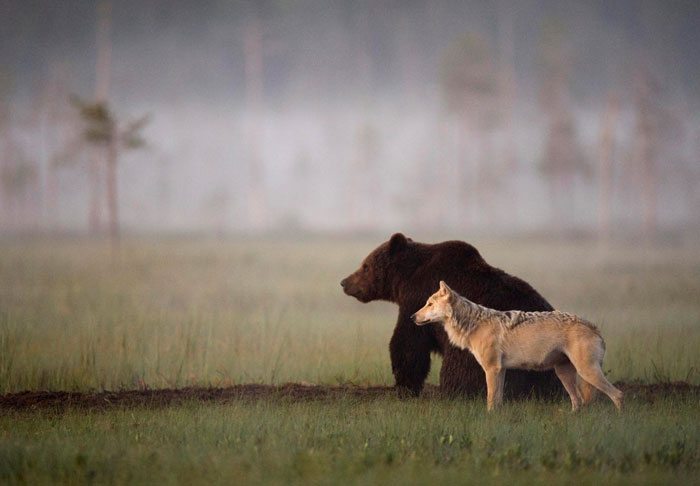
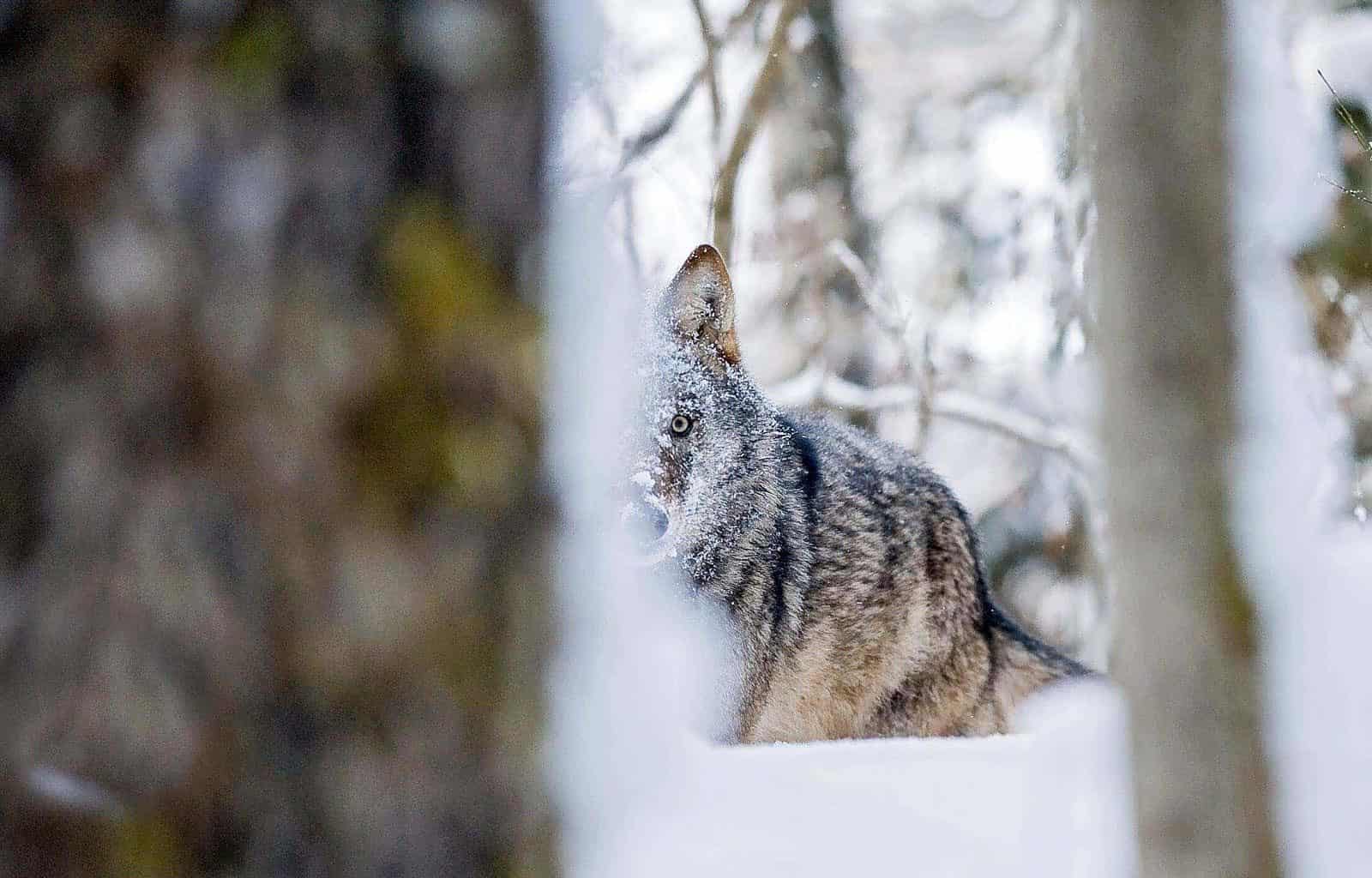

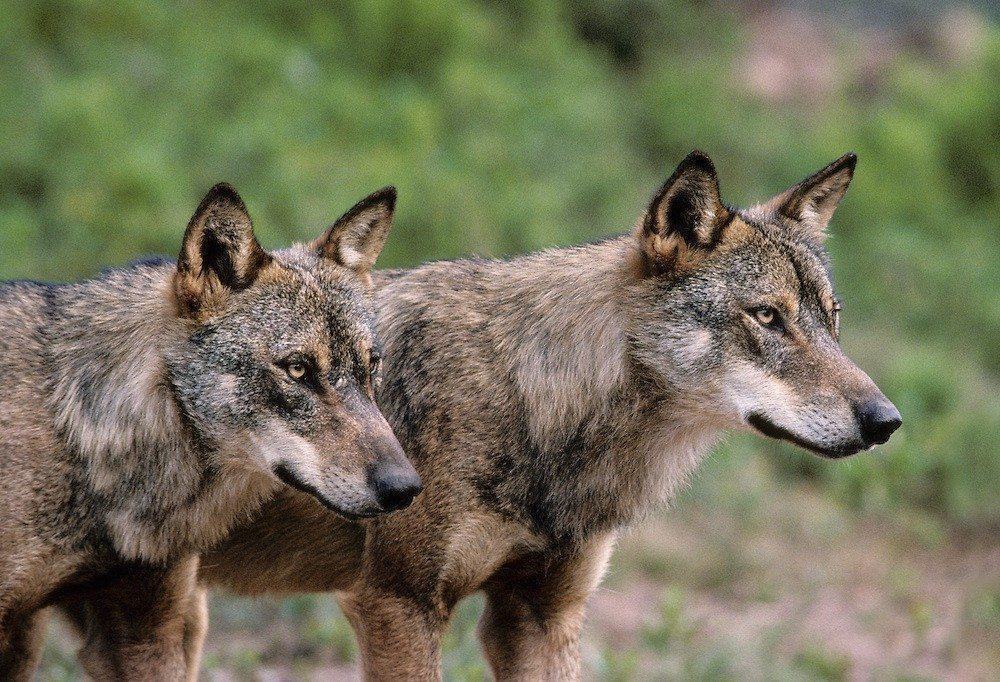
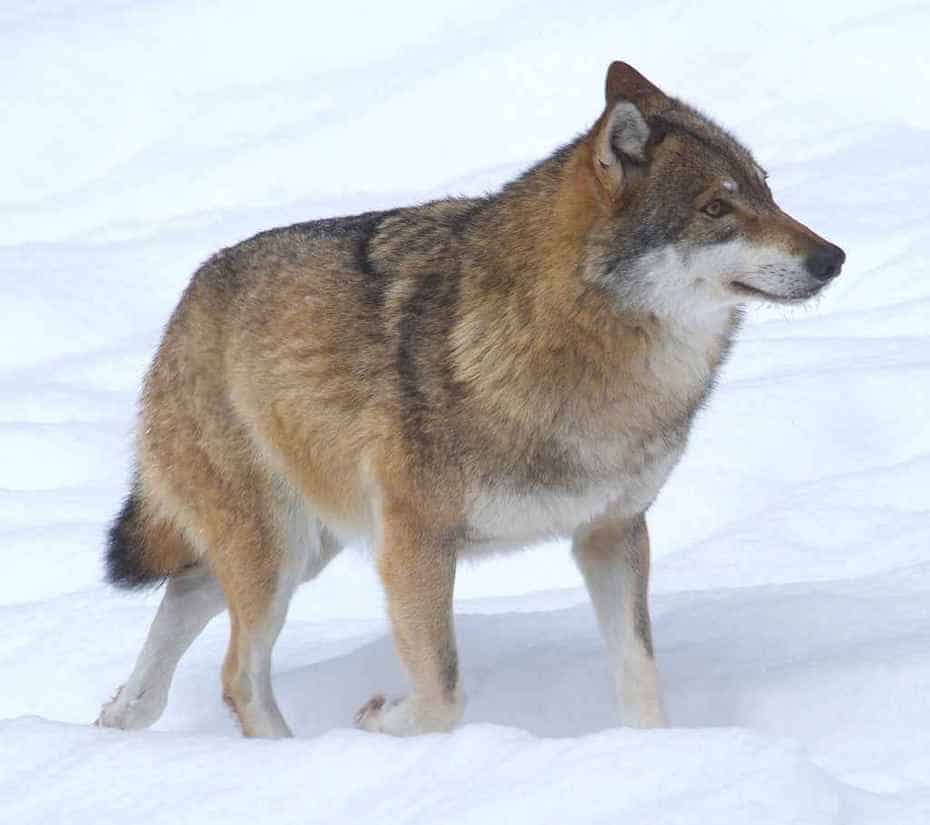
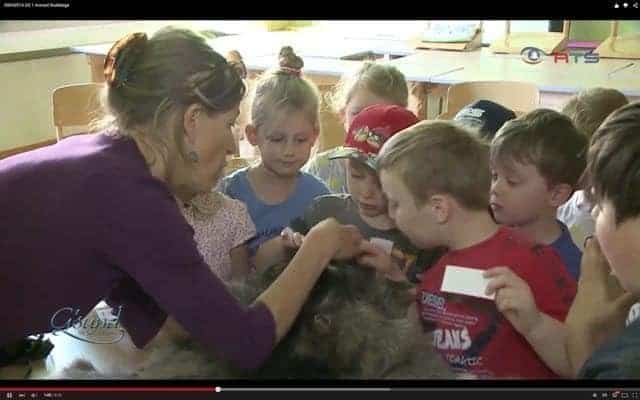
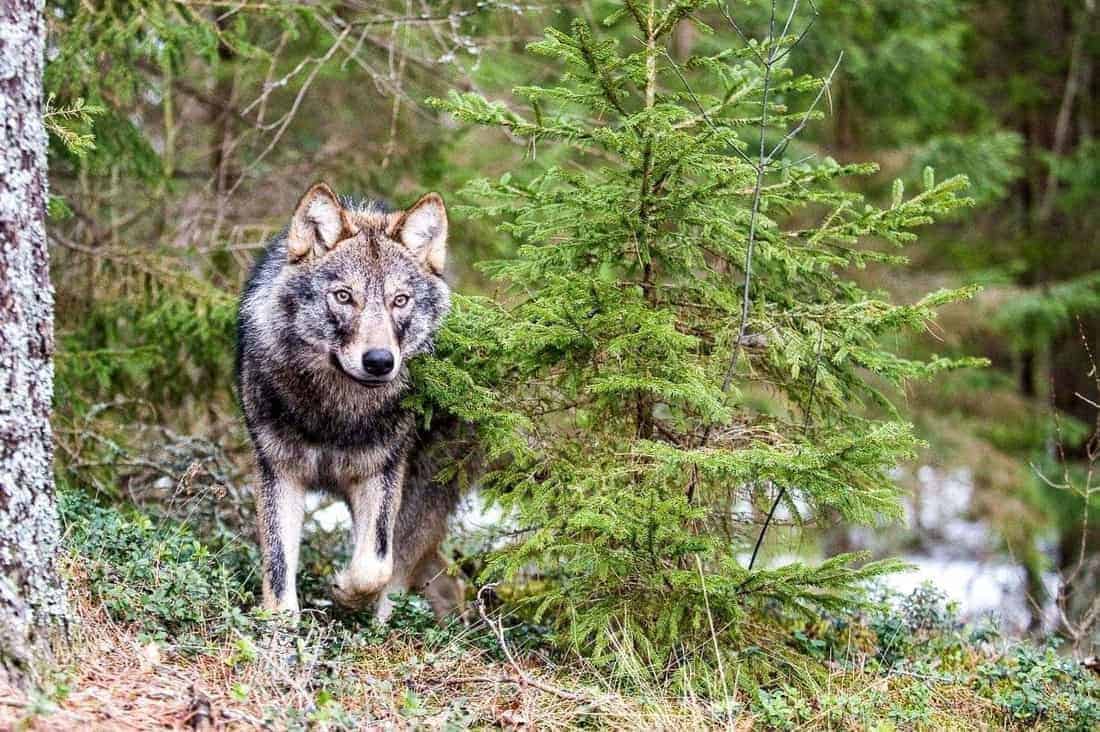
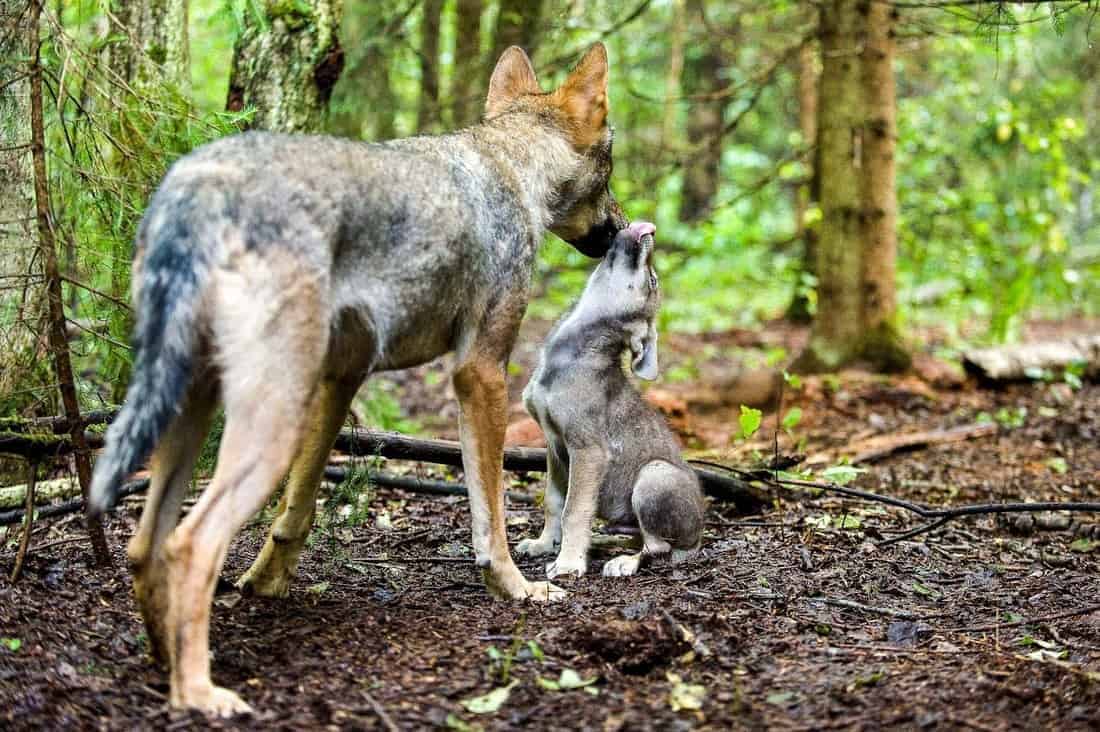
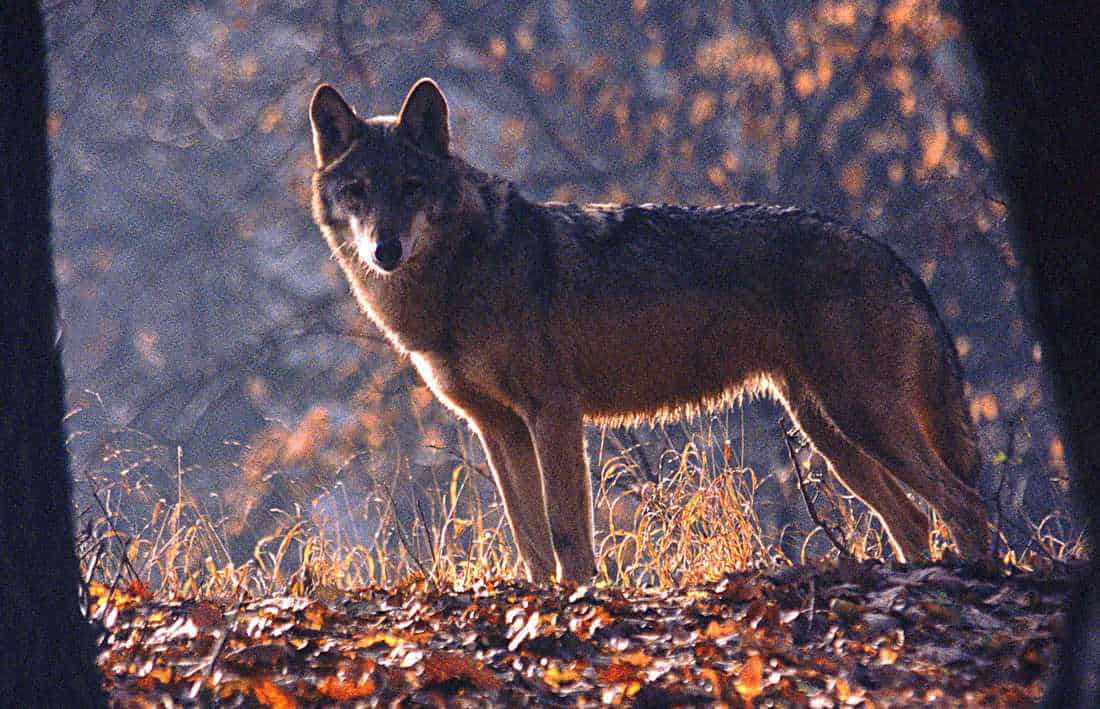
Dear EcoHustler, indeed Wilderness does not need human intervention. As you are able to read in this article, we list the three main reasons why European Member States allow killing of Large Carnivores. A recently published study, commissioned by the European Parliament’s Policy Department, clearly indicates the reasoning behind these reasons, as well as the ecological threats this causes. All 3 reasons mean human intervention. Curious to read what the EU Parliament study proposes as solution? Read the follow-up article here: https://wilderness-society.org/four-steps-solve-wildlife-conflict/
This is really weird. Why is the European Wilderness Society giving reasons for killing wild animals? The whole point of wilderness is that it exists without human interference.
If humans want to stop The Sixth Mass extinction and stabilise the biosphere we need to rewild vast areas and let wild animals roam free. These small steps being taken today is not nearly enough and this article suggests a depressing lack of ambition.